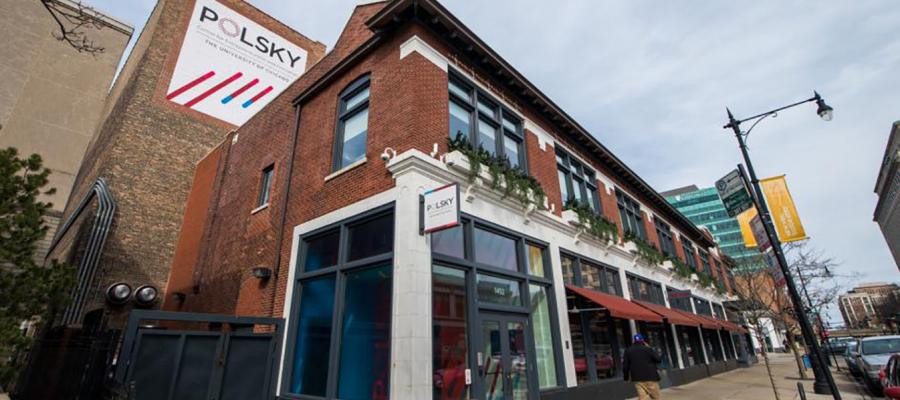In a soft-spoken but forceful speech Wednesday afternoon at the Graduate School of Business (GSB), Czech Republic President Vaclav Klaus warned that the European Union (E.U.) was bringing “less freedom, less democracy, less sovereignty, and more government interference” to Europe.
The E.U. is “accelerating a drive towards a social democratic––I would say a more social––European superstate,” said Klaus, whose talk was part of the GSB’s Distinguished Speaker Series.
Best known as the architect of the Czechoslovakian breakup in 1992, Klaus has been the Czech Republic’s president since 2003 and served as its Prime Minister from 1992 to 1997.
As Finance Minister after the fall of the Soviet Union, Klaus presided over Czechoslovakia’s transition to capitalism and democracy, a move that he said was contentious.
“For many people, the alternative to communism was not capitalism, Chicago-style,” he said. “They didn’t trust the market and reiterated the goals of the communists.”
“They opposed political parties because they didn’t want partisanship,” Klaus added. “In foreign policy they were idealistic, without an understanding of realpolitik.”
But, said Klaus, “there was a small group of people who were not afraid to say that the goal of our revolution was capitalism and parliamentary democracy.”
Introducing democracy was straightforward enough, he said. Czechoslovakia already had a functioning political system and the only task was to legalize competing political parties.
“The establishment of the market economy was not so easy,” he said.
Before privatization, “there was no one private hairdresser, no one private cafe, no one private car in the entire country,” Klaus said. “We had to privatize the economy without capitalists.”
The Czech Republic had its next major transition in 2004 when it joined the E.U., Klaus said. But he worried that the E.U. was moving away from economic liberalism toward “government regulation, standardization, and homogenization.”
A former economics professor, the 64-year-old Klaus praised former U of C professor Milton Friedman and the “Chicago School” of economics.
At one point, he interrupted his speech to draw a graph—a steep upward slope leading into a flat line—on the whiteboard. He said he had drawn it on a Czech television program in 1993 to calm public fears about rising inflation, by explaining that even strong initial inflation will eventually level out.
His graph caused a sensation, he said. “This was discussed among normal people in the pub!”
Klaus remains on the faculty of the Prague School of Economics, where he teaches a class Monday afternoons.
As Director of the school’s Center for Economics and Politics, “he is the only head of state to run an intellectual enterprise in his spare time,” said GSB Dean Edward Snyder in his introduction.
Klaus’s talk was followed by brief comments from Gary Becker, U of C professor in the Departments of Economics and Sociology.
“Economically, [the E.U.] is a major step backwards,” Becker said.
Klaus said he had spoken at the U of C several times before, first in 1989, and said he thought of the University as his “intellectual
About 70 people attended the talk, which was held in the basement of the GSB’s Hyde Park Center amidst tight security, with numerous plainclothes UCPD officers and black SUVs nearby.









